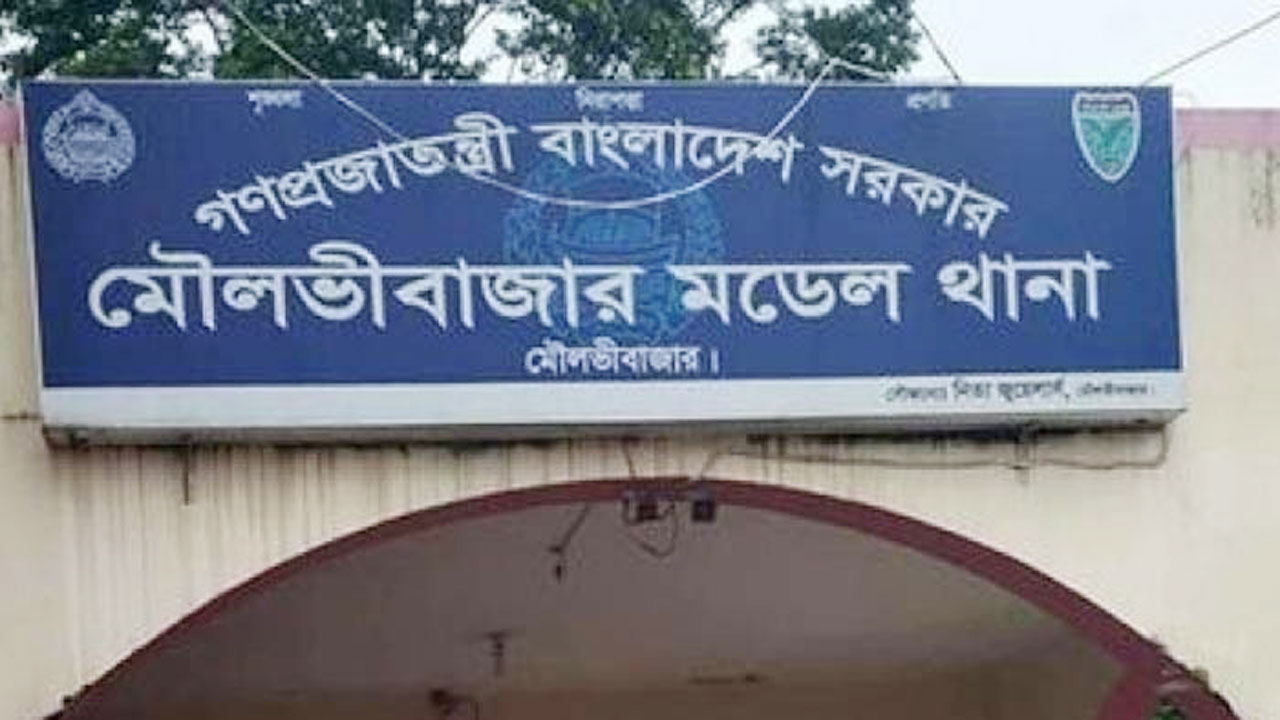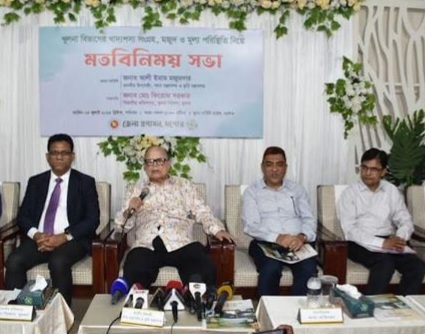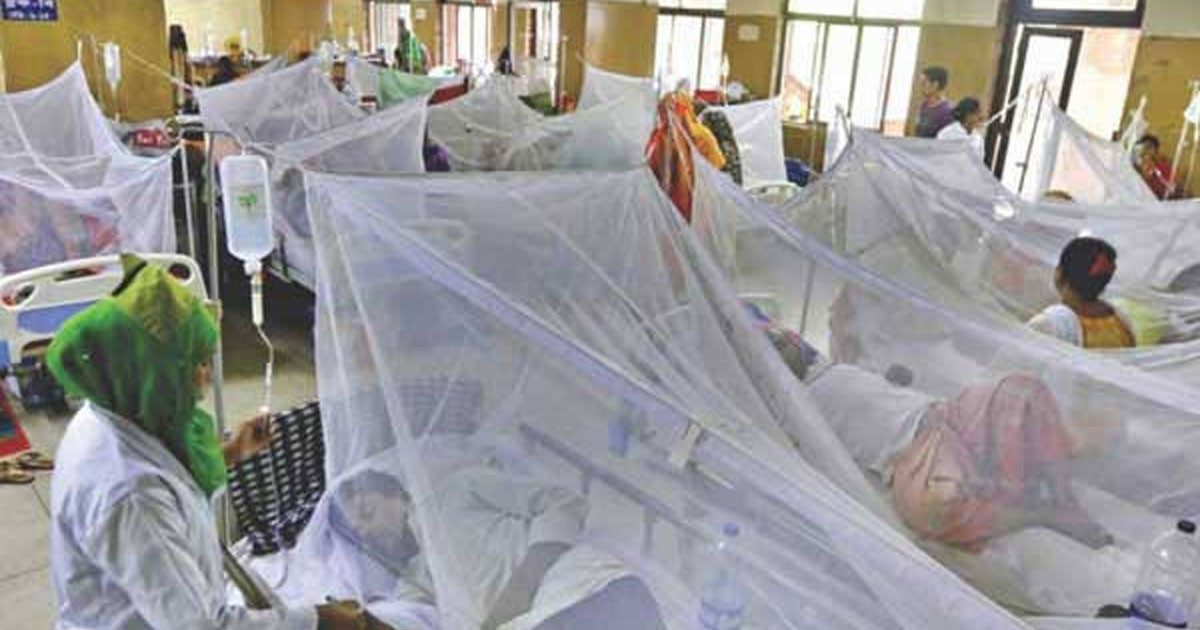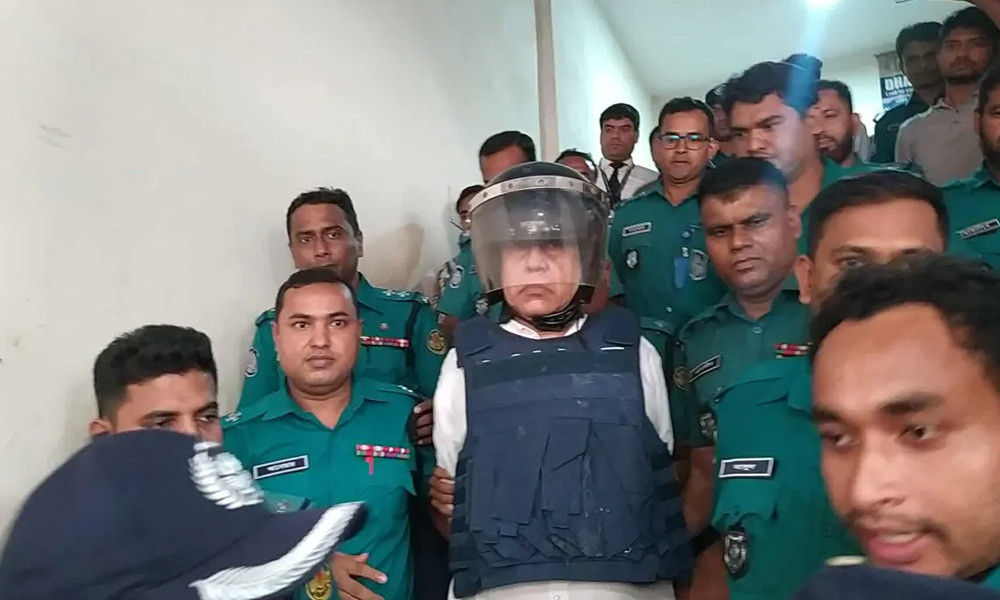
A new report released by the Coastal Livelihood and Environmental Action Network (CLEAN) has sharply criticized Japan’s Sumitomo Mitsui Banking Corporation (SMBC) for its significant role in financing fossil fuel-based energy projects in Bangladesh, accusing the megabank of exacerbating the country’s climate vulnerabilities and imposing a long-term financial burden.
Titled “SMBC in Bangladesh: Financing Dirty Energy | Scrapping Our Future,” the report reveals that SMBC provided financial advisory services for the controversial Matarbari Coal Power Plant and financed three major fossil fuel infrastructure projects—Summit LNG Terminal, Gazipur II HFO Power Plant, and Meghnaghat LNG Power Plant—with a combined investment of $238.71 million. These developments have collectively added 2,218 MW of fossil fuel-based power capacity and a 500 Mmcfd LNG terminal in Bangladesh.
Despite SMBC’s global reach in over 39 countries, the bank maintains no physical presence in Bangladesh. Yet, the report accuses it of leaving behind a massive carbon footprint while contributing zero investment toward renewable energy in the country.
Hasan Mehedi, Member Secretary of the Bangladesh Working Group on Ecology and Development (BWGED), stated:
“Shockingly, SMBC has not invested a single penny in renewable energy in Bangladesh. Their support for fossil fuel projects has resulted in stranded assets and billions in public expenditure through capacity payments—with little return in terms of sustainable or reliable power.”
According to the report, just two SMBC-backed projects—the Summit LNG Terminal and the Summit Gazipur II Power Plant—have already cost the Government of Bangladesh an estimated Tk 6,355 crore ($654 million) in capacity charges over six years. If continued under existing 15-year contracts, the total cost is projected to rise to at least Tk 20,129 crore ($1.86 billion).
CLEAN’s report underscores SMBC’s lack of transparency and its failure to align with global climate commitments, highlighting the bank’s inclusion among the global “Dirty Dozen” financial institutions due to its extensive fossil fuel financing. The organization is calling for urgent reforms, including an immediate halt to fossil fuel project financing in Bangladesh, rejoining the Net-Zero Banking Alliance, providing financial compensation to affected communities, and shifting its investment strategy toward supporting renewable energy infrastructure in the country.
Environmental advocates argue that SMBC’s practices not only threaten Bangladesh’s climate resilience but also risk locking the country into expensive, outdated, and carbon-intensive energy systems.
The report has sparked renewed calls for accountability from international financial institutions and urges Bangladesh’s policymakers to rethink their reliance on fossil-fuel-centric foreign financing.









